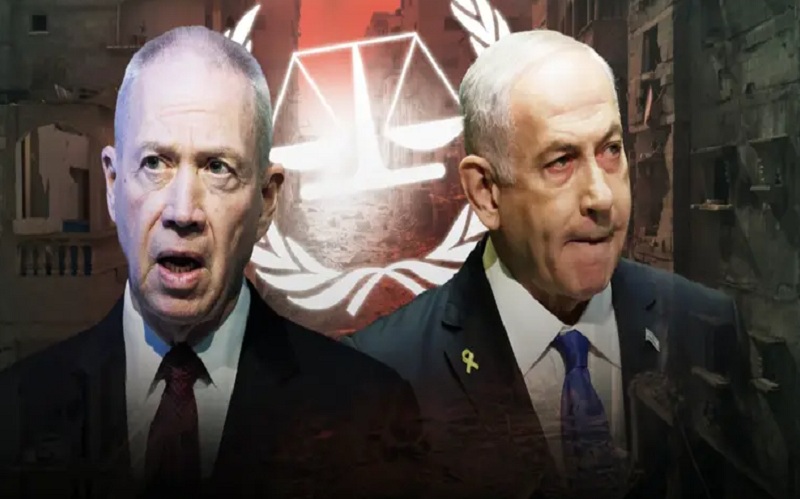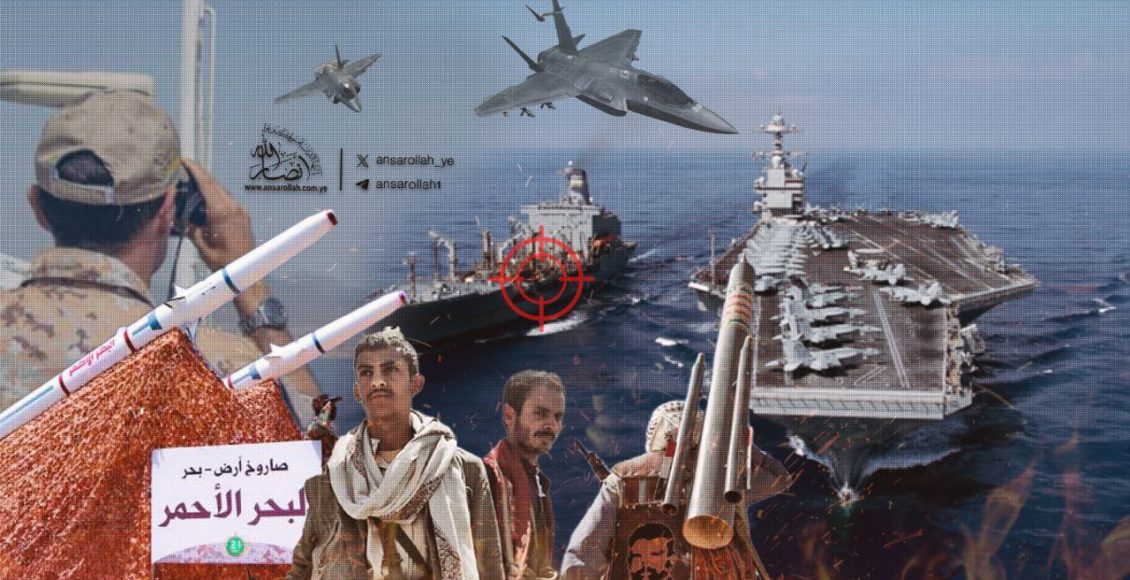Countries and organizations worldwide have reacted to the International Criminal Court's (ICC) decision to issue arrest warrants for the Zionist Prime Minister Benjamin Netanyahu and Defense Minister Yoav Gallant on charges of war crimes and crimes against humanity. The decision, announced on Thursday, pertains to actions during the war on Gaza, which the ICC has deemed crimes against civilians.
European Responses
Prominent European nations and figures quickly supported the ICC's decision. The Netherlands was the first to announce its readiness to enforce the arrest orders, with Dutch Foreign Minister Kasper Veldkamp confirming the country's commitment to implementing the ruling. Belgium echoed this stance, as Deputy Prime Minister Petra De Sutter urged European Union countries to comply with the decision, impose economic sanctions on Israel, and suspend the EU-Israel partnership agreement.
France's position was less clear. A spokesperson for its Foreign Ministry stated that France’s response would align with the ICC’s principles but declined to confirm whether Netanyahu would be arrested if he visited French territory. The spokesperson described the legal situation as “complex” and refrained from further comment.
Ireland’s Deputy Prime Minister and Foreign Minister Michael Martin called on all countries to respect the ICC's independence and integrity, emphasizing Ireland's strong support for the court. Sweden’s Foreign Minister Maria Malmer Stenergard reaffirmed Sweden and the EU's commitment to protecting the ICC's independence and allowing Swedish law enforcement to decide how to handle such cases on its territory. Norway also voiced support, with Foreign Minister Espen Barth Eide stressing the importance of the ICC carrying out its mandate with fairness and adherence to high standards of justice.
Italy offered mixed reactions. Foreign Minister Antonio Tajani pledged to consult with allies on a unified response to the decision, affirming support for the ICC's legal role. In contrast, Defense Minister Guido Crosetto criticized the court's ruling but conceded that Italy would be obligated to detain Netanyahu if he visited the country.
The European Union’s High Representative for Foreign Affairs, Josep Borrell, insisted that the ICC’s arrest warrants are not political and must be respected and enforced by all member states.
Global and Regional Reactions
Canada’s Prime Minister Justin Trudeau affirmed his country’s commitment to international law and stated that Canada would uphold ICC rulings outside Europe. South Africa also supported the arrest warrants, describing them as a crucial step toward achieving justice. The South African Ministry of International Relations reiterated the country’s dedication to international law, urging global compliance with the ICC’s decision.
In the Arab world, Jordanian Foreign Minister Ayman Safadi underscored that ICC rulings must be respected and implemented, stressing the Palestinians’ right to justice. Algeria’s Foreign Ministry welcomed the warrants, describing them as a significant step toward ending decades of impunity for Israel. Algeria also called on the international community to take necessary measures to enforce the ICC’s decision. Iraq hailed the ruling as a “courageous and historic” step, asserting that justice and truth will ultimately prevail over oppression.
UN and NGO Perspectives
Francesca Albanese, the UN Special Rapporteur on Human Rights in the Occupied Palestinian Territories, urged ICC member states to enforce the warrants and respect the court’s independence. She emphasized the need for accountability and called on the United States and the EU to confront their own complicity in undermining international law.
Human Rights Watch (HRW) commended the ICC's move, stating that it challenges the notion that some individuals are above the law. Amnesty International remarked that Netanyahu is now officially a fugitive under international law.
Public and Analysts’ Reactions
On social media, users speculated about the broader implications of the arrest warrants. Many highlighted that the charges against Netanyahu and Gallant implicate others who participated in the Gaza war, with some pointing out that a significant number of Israelis serving in the military hold dual citizenship. This could place particular pressure on European nations to act, as failing to do so might undermine the ICC’s credibility.
Observers described the warrants as a historic blow to Netanyahu’s perceived impunity, portraying them as a critical step in holding the Zionists accountable. They argued that the decision could lead to increased isolation for the Zionist entity on the international stage, while activists stressed the need for effective mechanisms to ensure the enforcement of the court’s rulings.
Challenges and the Path Forward
The ICC’s decision has exposed divisions within the international community. While many governments and organizations have endorsed the ruling, enforcing it remains a significant challenge. Analysts warn that without concrete mechanisms for implementing the arrests, the warrants risk becoming symbolic.
The ICC, while independent of the United Nations, relies on the cooperation of its member states to carry out its decisions. Although not all UN member states are parties to the ICC, the court can prosecute crimes committed on the territory of member states or by their nationals.
The ruling against Netanyahu and Gallant has been described as a bold step for justice and human rights. However, its success depends on the willingness of nations to act collectively. As calls for accountability grow louder, the international community must navigate the complexities of ensuring justice while maintaining respect for the rule of law.








